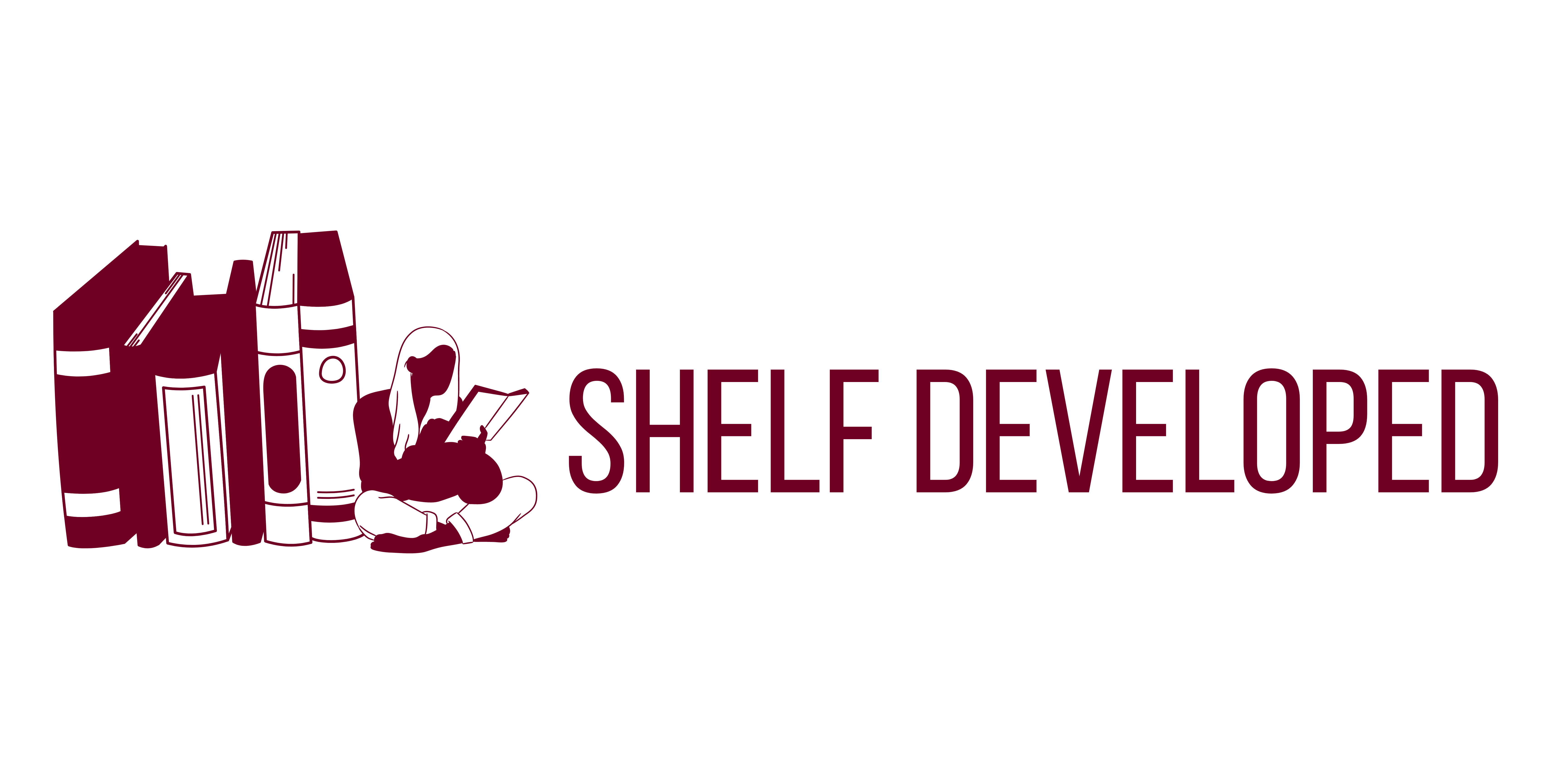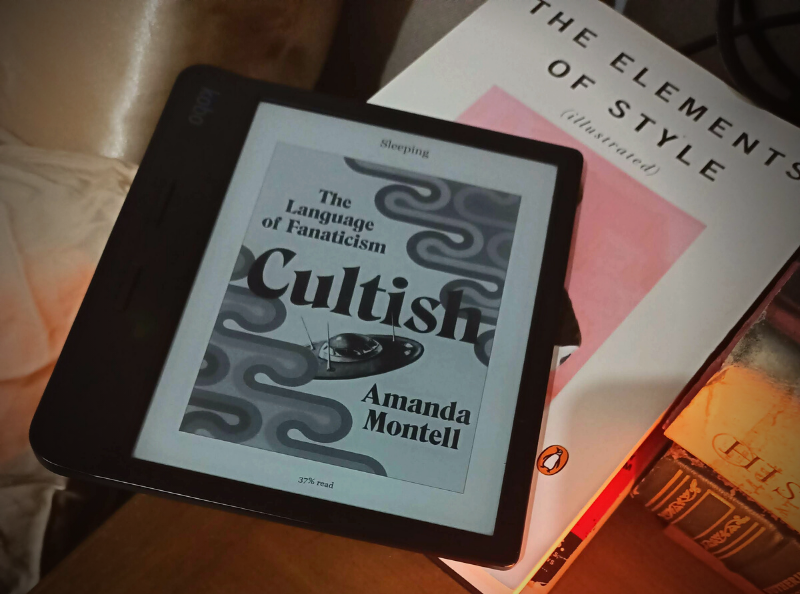And we’re back! January was a good reading month, I enjoyed every book. There wasn’t a title I truly hated. Several selections were gems. Let me walk you through the eight books I finished last month to kickstart 2023. As usual, I went for an alternating pattern between fiction and nonfiction, with fiction being the heavier proportion.
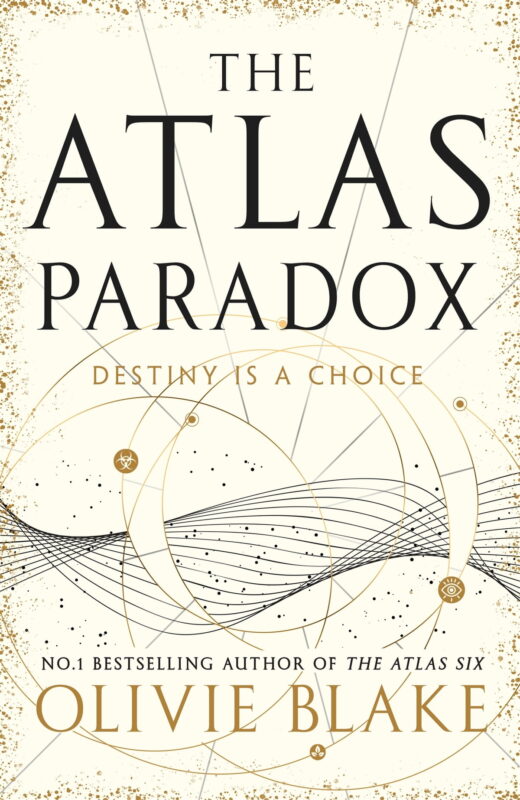
The Atlas Paradox by Olivie Blake
The highly anticipated sequel to the self-published book, The Atlas Six. Magicians of a secret society are trying to find one of their missing friends, who is lost in time. I didn’t like this as much as the prequel, and I felt that this took two unanticipated turns: first, there’s a heavier science-fiction shift here, which might have to do with Tor publishing this sequel. Second, there’s a strong emphasis on characters thinking and feeling, but not much doing, for the bulk of the story. I didn’t enjoy it as much as I hoped I would.
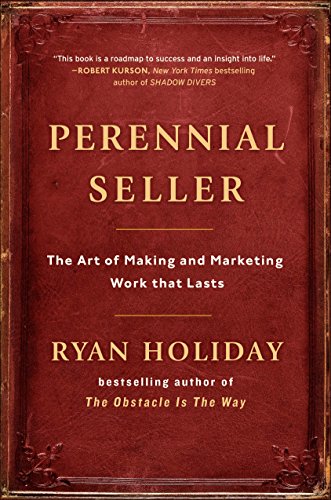
Perennial Seller by Ryan Holiday
This book covers the end-to-end journey of creating, selling, and marketing a product. It’s not the kind of technical deep dive that other books might offer, like Marketing Made Simple by Donald J. Miller. If I’m being honest, I think I’ll need to give this book a second read to determine if I truly found it helpful. My annotations for this were rather scarce. I will say, though, that Holiday offers some helpful tips that can be applied to copywriting.
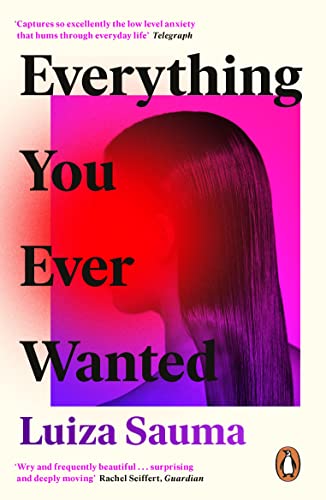
Everything You Ever Wanted by Luiza Sauma
A millennial faces an existential crisis and decides to escape not to another city or country, but planet. I don’t recommend reading this if you’re going through a low phase in your career; it may only augment any negative feelings you might be experiencing. I didn’t love it, but I did enjoy being able to read a story with a character whose dilemmas were relatable and current for many of us today.
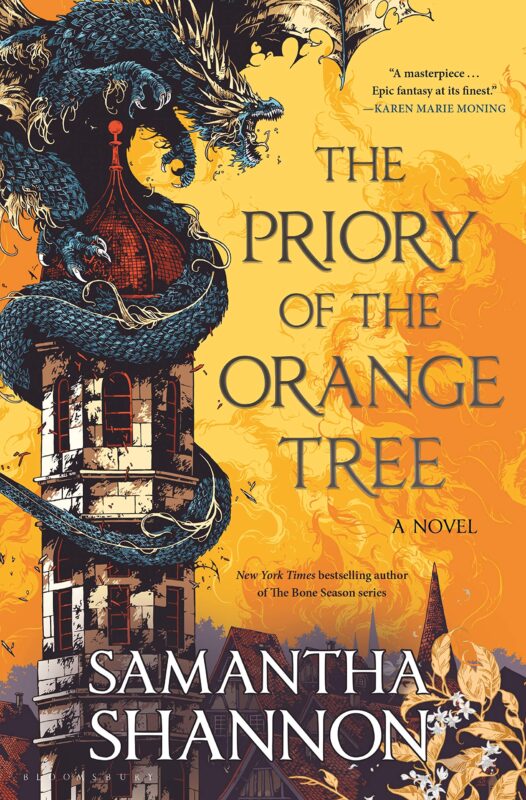
The Priory of the Orange Tree by Samantha Shannon
I absolutely loved this book. If you only remember to read one book from this entire list, let it be this one. I went through a brief, obsessive phase of playing fantasy video games that I suspect fostered a craving for fantasy stories, too. At the time, I wasn’t ready to commit to a Brandon Sanderson trilogy, but I knew I wouldn’t be satisfied with something like a Neil Gaiman book. I found this by accident and it was, in no other perfect word, serendipitous.
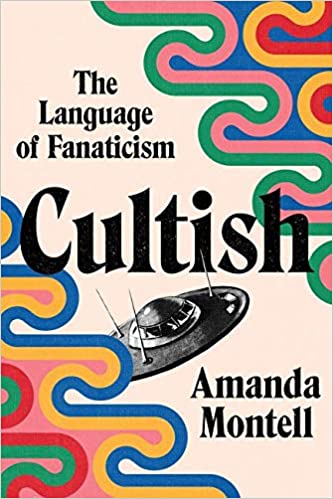
Cultish: The Language of Fanaticism by Amanda Montell
The power of language is boundless. Language has mobilized countless agendas—from religion to cults—and toppled social structures across human history. If you’re a writer like me, you may enjoy this book. The author shares some personal experiences with cults, but she also provides insight into some of the most sensationalized ones, like the Jonestown Massacre. It also sheds light on how language continues to permeate our digital spaces and influence how we think, act, and consume.
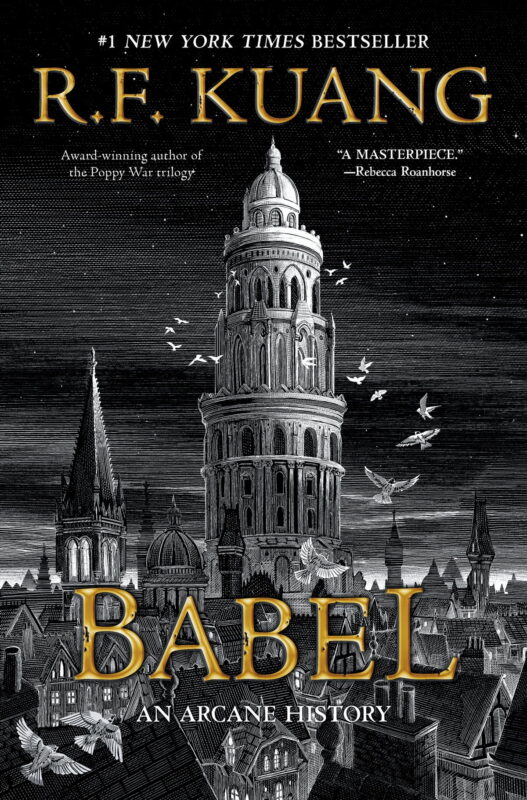
Babel by R.F. Kuang
This month, I read not one but two chunky fantasy novels, and R.F. Kuang’s Babel lives up to all the hype that preceded it last year. It is an absolute masterpiece with a rich weave of themes in the bureaucracy of the academe, capitalism, colonialism, and friendships. I grew up an immigrant, so I found the main character’s struggle to identify with a homeland relatable. If you enjoy complex themes, conflicts, flawed but loveable characters, and fantasy elements, this book is for you. And no, it’s not a young adult fantasy novel.
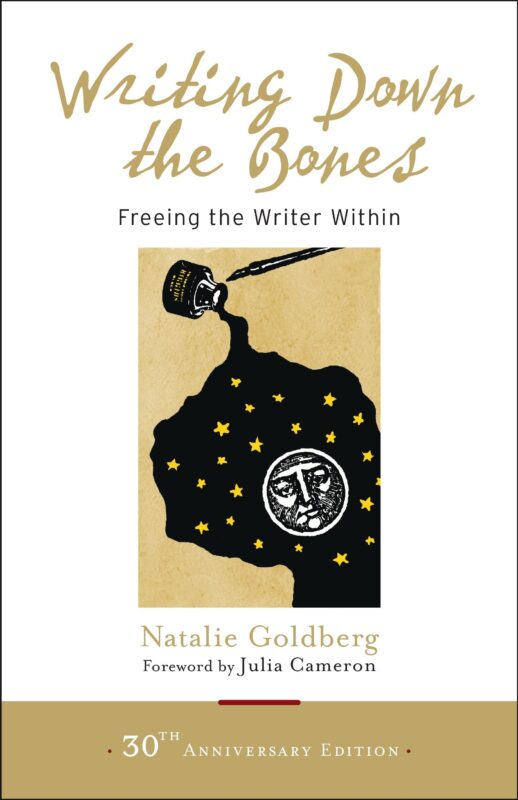
Writing Down The Bones by Natalie Goldberg
After reading this book, I was filled to the brim with ideas. I wrote sketches almost every day, which hasn’t stopped since. The choice to read it was also incredibly timely; I was suffering from impostor syndrome while developing resources for other people. Every writer, from aspiring to professional, should read this at least once. It doesn’t matter what kind of writer you are or what you write about. Natalie Goldberg promises an enriching couple of hours through her essays.
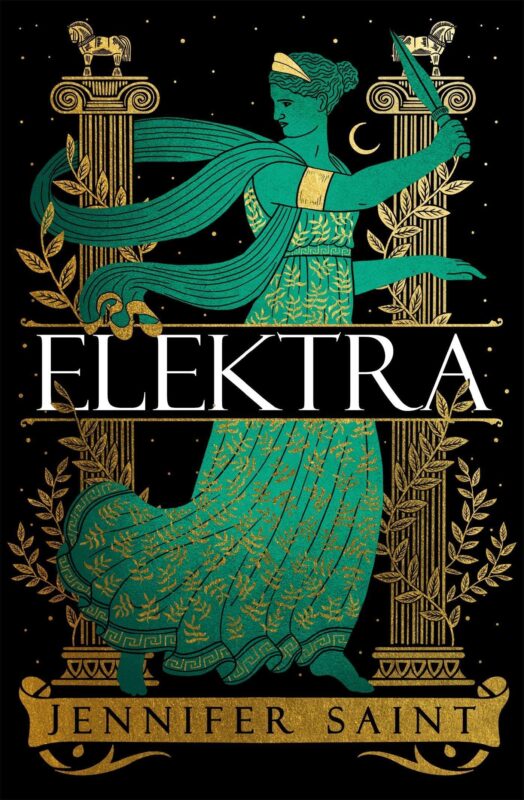
Elektra by Jennifer Saint
Think Three Women by Lisa Taddeo, but make them a family suffering from generational violence and vengeance. I loved Circe, so I had high hopes for this one. Despite the lyrical prose, I found it harder to get attached to the characters and care about what they wanted or what they were doing. However, any fan of Greek mythology may still enjoy this.
Have you read any of these books? Share your thoughts in the comments! For other book recommendations, make sure to check out the Top Shelf.
